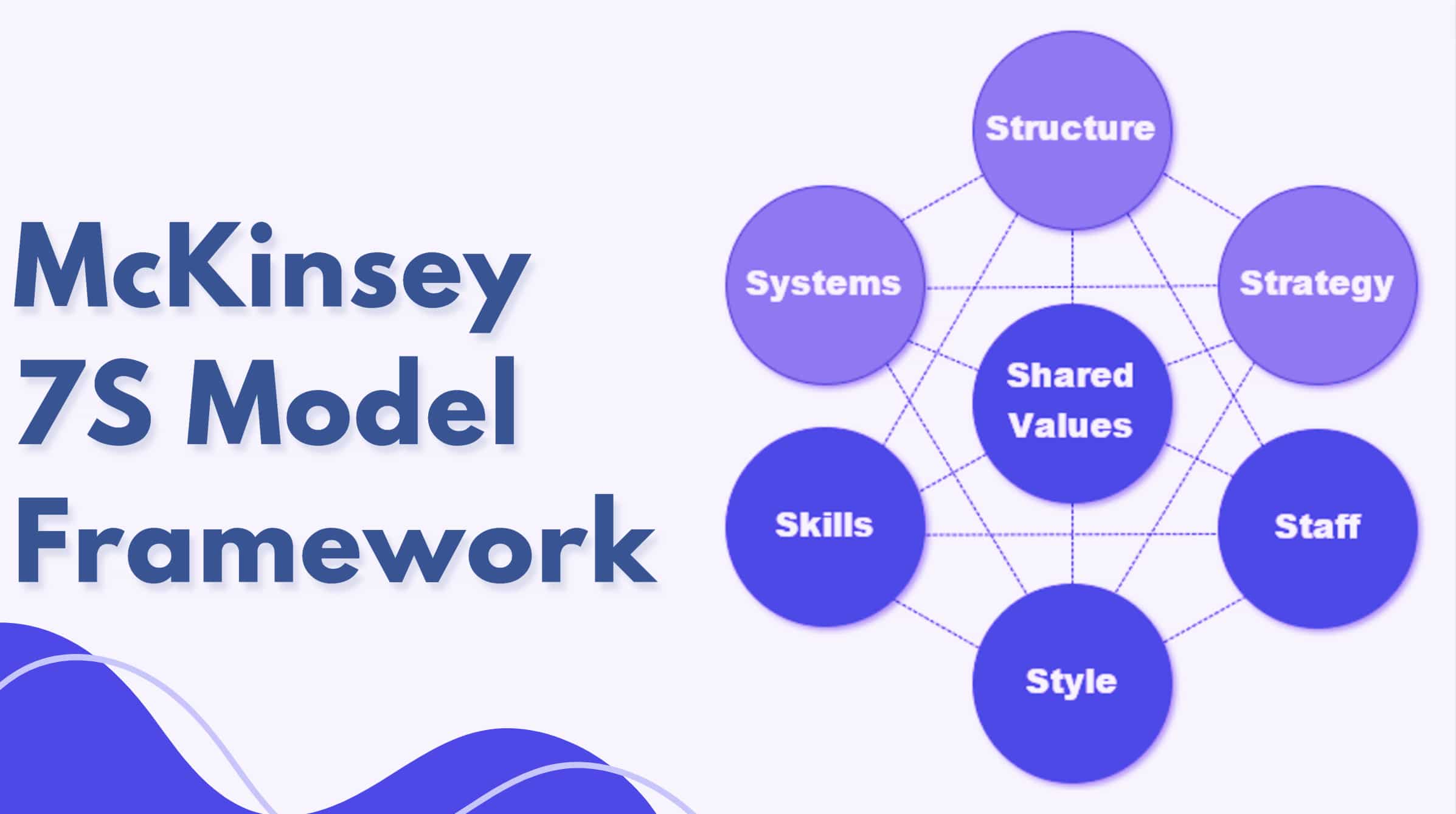Negotiation is a crucial skill that significantly impacts success in the workplace. Effective negotiation is vital for employees, whether securing a promotion, resolving conflicts, or closing important deals.
Understanding Negotiation in the Workplace
Negotiation in a professional setting involves the art of arriving at mutually agreeable solutions, bridging the gap between parties with diverse interests and objectives. It entails skillful communication and finding common ground while managing personal and professional relationships. Chris Voss, a former FBI negotiator, in his book “Never Split the Difference,” emphasizes the significance of active listening and empathy as critical elements in successful negotiations.
Example: Two colleagues, Alex and Taylor, competing for the same promotion, may employ techniques from Voss’s book. By actively listening to each other’s concerns and empathizing with their aspirations, they can build rapport and collaboratively explore potential solutions. This approach can lead to an innovative resolution where both individuals benefit, as inspired by the principles in “Never Split the Difference.”
The Importance of Negotiation Skills for Employees
Negotiation skills are invaluable for employees across all levels of an organization. They empower individuals to articulate their needs effectively, build strong relationships, and contribute to a positive work environment. In his book, Chris Voss emphasizes the importance of being assertive without being aggressive and how it can lead to successful negotiations.
Example: Lisa, a project manager, exemplifies these skills when she negotiates for additional resources to meet a critical project deadline. Drawing from Voss’s techniques, she confidently communicates the project’s importance and its potential positive impact on the company’s success. Through this assertive approach, Lisa successfully convinces stakeholders and secures the necessary resources to complete the project on time.
Key Elements of Successful Workplace Negotiations
Identifying Goals and Interests
Clearly defining goals and interests is fundamental in achieving successful negotiations. Understanding what each party aims to accomplish allows for developing persuasive arguments.
Example: John, inspired by Chris Voss’s book, identifies his priorities when proposing a new work-from-home policy to his manager. He outlines the benefits of increased productivity and work-life balance for employees, aligning his goals with the company’s interests.
Active Listening and Effective Communication
Active listening and effective communication build rapport and understanding during negotiations.
Example: Sarah, implementing Voss’s techniques, actively listens to her client’s needs during a meeting. By acknowledging their concerns, she tailors her proposal to address their specific requirements, resulting in a stronger client relationship and a successful deal.
Building Trust and Rapport
Trust is the foundation of successful negotiations, a principle Chris Voss emphasizes in “Never Split the Difference.”
Example: Following Voss’s advice, Claire fosters a trusting environment among her team members during conflicts. By encouraging open discussions and showing empathy, she resolves issues and strengthens team dynamics.
Problem-Solving and Creativity
Innovative problem-solving is essential in negotiations, a concept Chris Voss highlights in his book.
Example: Michael, inspired by Voss’s techniques, proposes a cost-sharing arrangement with another department during a budget meeting. This creative solution gains support from both teams and ensures the successful implementation of a joint project.
Different Negotiation Styles in the Workplace
Collaborative Negotiation
Collaborative negotiation, as supported by Chris Voss, emphasizes cooperation and finding solutions that benefit all parties involved.
Competitive Negotiation
Competitive negotiation involves assertively seeking gains, as discussed in “Never Split the Difference.”
Example: Jack, applying Voss’s techniques, uses competitive tactics to secure better pricing during supplier negotiations, ensuring profitability while maintaining quality.
Compromising Negotiation
Chris Voss acknowledges the value of compromising to reach agreements that satisfy both parties.
Example: During a team project, two members, following Voss’s advice, compromise by combining elements from their ideas to achieve a balanced outcome.
Avoiding Negotiation
Avoiding negotiation may not lead to satisfactory outcomes, an idea also discussed in “Never Split the Difference.”
Example: Adam, influenced by Voss’s principles, discusses a conflict with a problematic coworker with their manager to mediate a resolution instead of avoiding the issue.
Accommodating Negotiation
Accommodating negotiation occurs when one party prioritizes the needs of the other, a concept aligned with Voss’s principles.
Example: Susan, employing Voss’s techniques, takes on extra work to support her teammates during tight deadlines.
Overcoming Common Workplace Negotiation Challenges
Dealing with Conflicts
Conflict resolution is integral to negotiations, a concept acknowledged in “Never Split the Difference.”
Example: Inspired by Voss’s book, Mark facilitates open dialogue during a meeting where opinions clash. Through respectful communication, the team finds common ground and resolves the conflict.
Handling Difficult Personalities
Managing challenging personalities requires patience and adaptability, as discussed by Chris Voss.
Example: Amy, applying Voss’s techniques, remains calm during a negotiation with a demanding client. By showing understanding, she turns the situation into a constructive discussion.
Managing Emotions
Effectively managing emotions is crucial in negotiations, as emphasized in “Never Split the Difference.”
Example: Tom, drawing from Voss’s principles, takes a break during a tense negotiation to compose himself and approach the discussion with a clear mind, leading to better decisions.
Finding Win-Win Solutions
Creating win-win solutions is a goal Chris Voss supports in his book.
Example: following Voss’s advice, Julie identifies opportunities for mutual growth and success while negotiating a partnership agreement.
Negotiation Ethics in the Workplace
Honesty, integrity, fairness, and respect are integral to negotiation ethics, values shared by Chris Voss.
Example: Kevin, influenced by Voss’s principles, discloses all relevant information during a contract negotiation, ensuring transparency and trust.
Enhancing Your Workplace Negotiation Skills
Training and Development Opportunities
Investing in professional development, including negotiation training, is vital for skill improvement, a principle supported by Chris Voss.
Seeking Feedback and Learning from Experience
Continuous feedback and learning from experience contribute to negotiation skill improvement, a concept also encouraged by Chris Voss.
Continuous Improvement
Pursuing continuous improvement aligns with Chris Voss’s belief in mastering negotiation skills.
Example: Sandra, inspired by Voss’s book, regularly reads books and articles on negotiation techniques, continuously refining her abilities.
The Role of Negotiation in Career Advancement
Negotiation skills are pivotal for career growth and advancement, a concept Chris Voss supports.
Effective negotiation skills empower employees to thrive in the workplace. Individuals can create win-win solutions and contribute to a positive work environment by identifying goals, communicating effectively, and building trust. Employees can become adept negotiators and unlock new growth opportunities.




